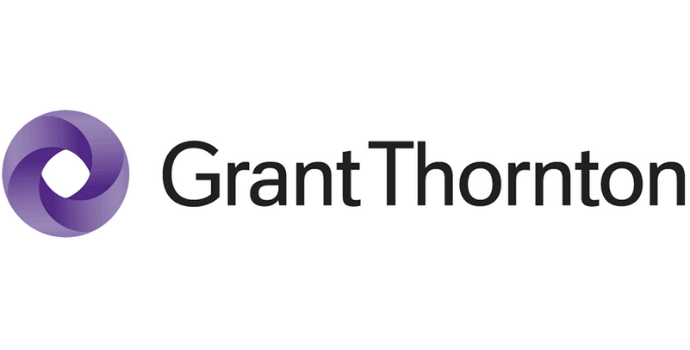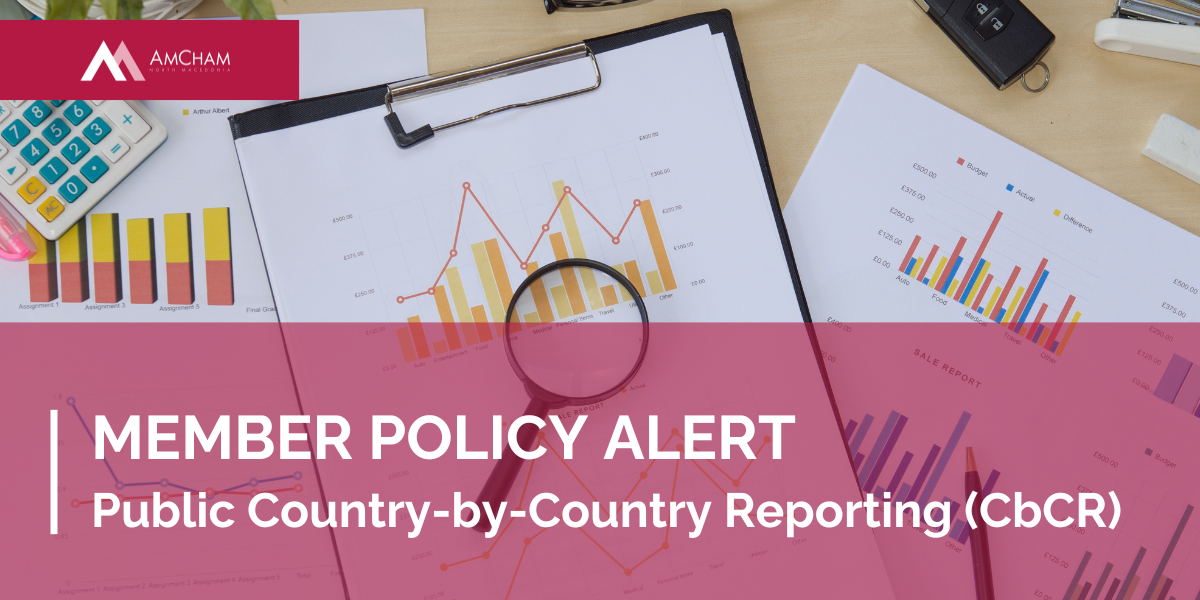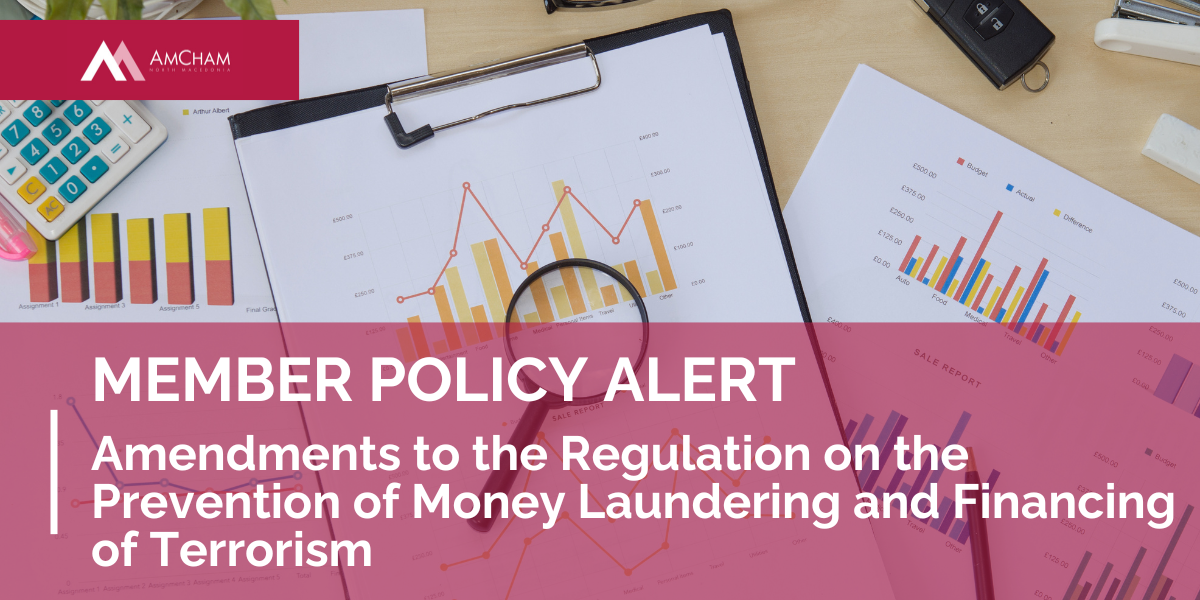Author: Grant Thornton Consulting DOO Skopje
The EU Directive 2021/2101, amending Directive 2013/34/EU as regard disclosure of income tax information by certain undertakings and branches, which sets forth rules on public Country-by-Country Reporting (CbCR) was published in the Official Journal of the European Union on December 1, 2021 (“CbCR Directive”). The EU Member States were mandated to incorporate the CbCR Directive into their domestic legislation for financial years commencing on or after June 22, 2024, with the initial disclosures expected a year following the conclusion of the respective reporting period.
The CbCR Directive introduces an obligation for multinational entities (“MNEs”) to file a report on tax and other tax-related information concerning the whole group, including data concerning non-EU related operations, to disclose information on corporate tax paid in each EU country and to publish the report on their corporate website. Public CbCR has already been established in the EU for the banking sector by Directive 2013/36/EU, as well as for the extractive and forestry industry by Directive 2013/34/EU.
Main aims of CbCR Directive
- To increase the tax transparency and fight corporate income tax avoidance;
- To enhance a public scrutiny over corporate income taxes paid by MNEs operating in the EU; and
- To promote an informed debate on the level of tax compliance of certain multinational companies operating in the EU and the impact of tax obligations on the real economy.
Main aims of CbCR Directive
To enhance a public scrutiny over corporate income taxes paid by MNEs operating in the EU; and
Entities concerned
- EU-based MNE (ultimate parent undertaking) or a standalone undertaking (i.e. a company not part of a group), with total global consolidated turnover/net revenue exceeding €750 million at fiscal year end, for each of the last two consecutive financial years.
- Non-EU based MNE with total global consolidated revenue exceeding €750 million for each of the last two financial years and controlling:
- A “medium-sized” or “large” subsidiary governed by the national laws of EU Member State; or
- A qualifying branch in any of the Member States in the EU.
To qualify as a “medium size” or “large” subsidiary, the entity needs to meet two of the following three conditions:
- balance sheet total assets greater than €4 million;
- net turnover greater than €8 million; or
- an average number of employees exceeding 50.
In the case of a “branch”, it qualifies if the following two criteria are met:
- net turnover greater than €8 million; and
- an average number of employees exceeding 50.
Member States that have not adopted the euro, as well as non-EU based MNEs are required to convert the thresholds in local currency using the exchange rate as at December 21, 2021 (i.e. when CbCR Directive entered into force). Furthermore, they are allowed to increase or decrease the euro amounts by a maximum of 5% in order to produce round sum amounts in the national currencies.
Content of CbC report
Information to be disclosed includes:
- The name of the ultimate parent undertaking or the standalone undertaking, the financial year concerned and the currency used for the presentation of the report;
- A brief description of the nature of their activities;
- The number of employees on a full-time equivalent basis;
- The total net turnover/revenues, including those from transactions with related parties, but excluding dividends received from affiliated undertakings;
- The amount of profit or loss before income tax;
- The amount of income tax accrued during the relevant financial year;
- The amount of income tax paid on a cash basis during the relevant financial year;
- The amount of accumulated earnings at the end of the relevant financial year.
The CbC Report must be:
- published on the website of the qualifying ultimate parent undertaking or of a standalone undertaking;
- published within 12 months after the balance sheet date of the financial year for which the report is drawn up and made available for five years;
- made accessible to the public, free of charge and in an electronic reporting format which is machine-readable, in at least one of the official languages of the EU.
The safeguard clause The CbCR Directive allows EU Member States to include a safeguard clause that enables MNEs not to disclose commercially sensitive information for five years.
Penalties
- Non-compliance with any of the obligations set forth with the CbCR Directive may give rise to a penalty.
- EU Member States can decide the type and amount of penalties imposed under domestic law. In other words, there could not be uniform penalties among the EU Member States.
Audit requirement
- The statutory auditor of an EU based undertaking that is required to produce audited financial statements has an obligation to check and state whether a company was required to draw up a CbC Report, and if so, whether the CbC report was published.
- The audit can only perform a factual check of publication of the CbC report, and not on its content.
This Tax Alert on Public Country-by-Country Reporting (CbCR) was prepared by Grant Thornton Consulting DOO Skopje

For Further details, feel free to contact the following persons:
Grant Thornton Consulting
Sv. Kiril i Metodij 52b-1/18
1000 Skopje
T +389 2 3214 700
Maja Filipceva
Partner
M +389 275 075
E maja.filipceva@mk.gt.com
Svetlana Josifoska
Tax Manager
M +389 75 277 363
E svetlana.josifoska@mk.got.com
General Conditions: This information is from general nature and does not contain all-encompassing analysis based on which decisions can be made, taken (or not taken) any action without obtaining additional advice. The material is for information purposes only and should not be considered as separate advice. Grant Thornton Consulting DOO Skopje and AmCham North Macedonia does not take any legal responsibility for the consequences of any decision or measures taken as a result to the given information. You are encouraged to request professional advice.




![Healthcare Academy for Journalists [Open Call]](https://amcham.mk/wp-content/uploads/2025/07/healthcare-hub-1.png)
